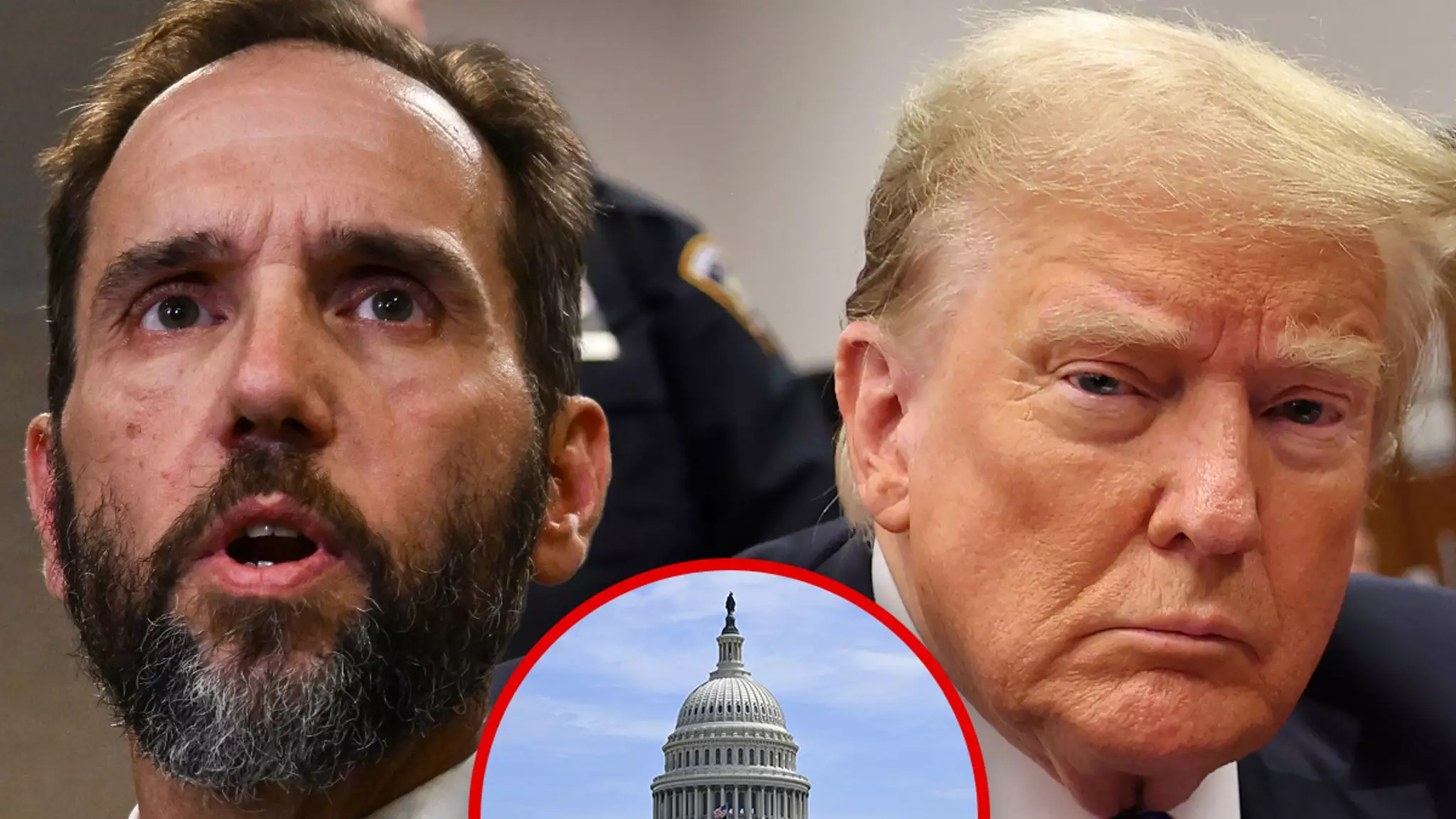In an unexpected turn of events, Special Counsel Jack Smith has initiated proceedings to dismiss the federal election interference case against President-elect Donald Trump, centered on the events of January 6, 2021. According to legal documents acquired by TMZ, Smith is appealing to U.S. District Judge Tanya Chutkan to terminate the charges before Trump formally takes office. This action hinges on a critical tenet of U.S. law concerning the non-prosecution of sitting presidents, which Smith references explicitly in his motion.
The core of Smith’s argument cites a long-established policy within the Justice Department that prohibits prosecuting a sitting president. He articulates that the circumstances surrounding Trump’s legal troubles have shifted dramatically due to the recent election results on November 5, 2024, which certified Trump as President-elect. This constitutional interpretation adds a complex layer to an already contentious political and legal landscape.
Trump’s legal challenges are substantial, consisting of four felony charges emanating from allegations related to the Capitol insurrection. Accusations include conspiracy to defraud the United States and attempts to obstruct official proceedings — offenses that raised significant questions about the integrity of the democratic process post-2020 election. Initially indicted in August 2023, the timeline of the case has seen considerable back-and-forth as Trump’s legal advisors argued that his position exempted him from prosecution.
The legal framework surrounding the charges presents a duality; on one hand, they represent serious allegations against a former president, while on the other, they are enveloped by the ongoing debate concerning the limits of legal accountability for high-ranking officials. The implications of Smith’s motion to dismiss carry weight not only for Trump but for the precedent it sets in future presidential conduct.
The motion seeks to dismiss the case “without prejudice,” which inherently maintains the potential for re-indictment once Trump’s presidential term concludes. This maneuver indicates that the Special Counsel is not completely relinquishing the case but rather recalibrating the legal strategy in light of Trump’s shift in status from defendant to President-elect.
The landscape following this dismissal is fraught with complexity. On one hand, it can be seen as a recognition of the unique position that the presidency occupies within the legal framework; conversely, it could signal the circumvention of accountability afforded to Trump for his alleged actions leading to the Capitol riot. Legal analysts will likely scrutinize this development closely, as it may reverberate throughout future cases involving public officials.
Responses to the motion have been varying, reflecting the polarized nature of American politics today. Supporters of Trump may celebrate this move as a victory against what they perceive as politically motivated prosecutions, while opponents may view it as undermining the seriousness of the charges against him. This situation illuminates the intricate balance lawmakers and legal representatives must navigate when accountability and political identity are intertwined.
Overall, the decision to dismiss the case now, coupled with the potential for future re-filing, stands as a testament to the complexities of holding public officials accountable at the highest levels of government. The unfolding events will likely lead to extensive public discourse surrounding the rule of law and executive privilege in America.

